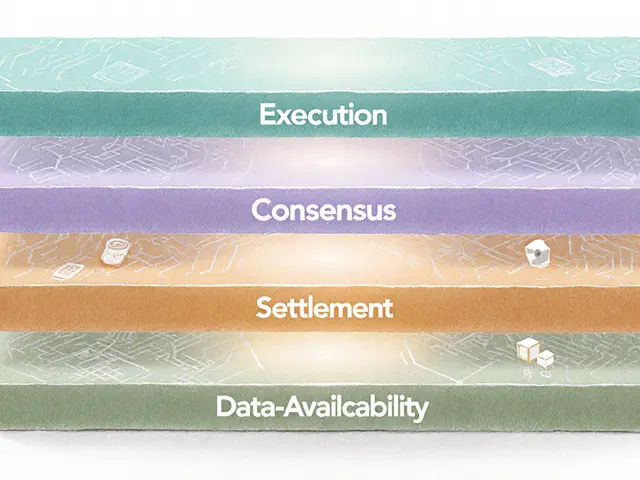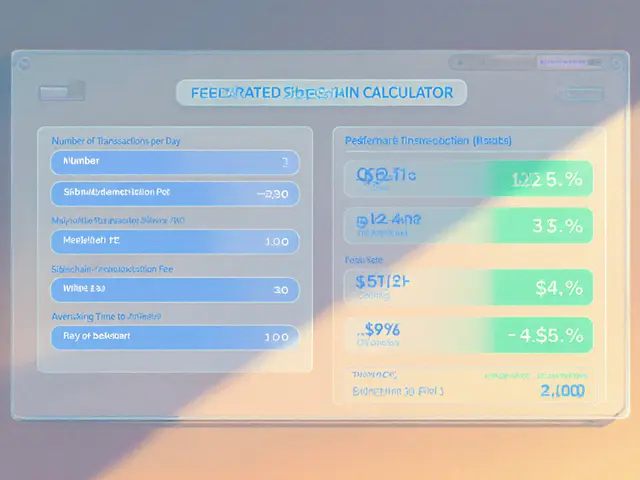Iceland Mining Restrictions: What They Mean for Crypto Miners
When you think of Iceland mining restrictions, government policies limiting cryptocurrency mining due to high energy demand and environmental concerns. Also known as crypto mining bans in Iceland, these rules are reshaping where and how miners operate. Iceland used to be a magnet for crypto miners because of cheap, renewable electricity from geothermal and hydro power. But that era is over. In 2023, the government started putting hard limits on new mining operations—not because they hate crypto, but because power demand from data centers was threatening the country’s grid and climate goals.
These restrictions aren’t just about turning off machines. They’re tied to energy-intensive mining, the process of using massive amounts of electricity to validate blockchain transactions, especially in proof-of-work systems like Bitcoin. Iceland’s power grid is small. When mining farms popped up, they consumed up to 7% of the country’s total electricity. That’s more than all households combined. The government responded by freezing new permits, capping power allocations, and requiring miners to prove they’re using surplus energy—not pulling from homes or hospitals. This forced many operations to shut down or move to places like Texas, Kazakhstan, or Georgia, where rules are looser and power is cheaper.
It’s not just about power. crypto mining regulations, government rules that control where, how, and how much mining can happen, often tied to environmental impact and energy sourcing in Iceland now include strict reporting, carbon footprint audits, and penalties for exceeding limits. Even existing miners have to prove they’re not using grid power during peak hours. Some are switching to hybrid models—running only when wind or water output is high. Others are exploring AI-driven load balancing to cut waste. These aren’t just policy tweaks. They’re a signal: mining can’t be treated like a free-for-all anymore, even in the most eco-friendly countries.
If you’re still mining in Iceland, you’re either already adapting—or you’re running out of time. If you’re thinking about starting, you’re better off looking elsewhere. The country’s shift isn’t anti-crypto. It’s pro-sustainability. And that’s changing the whole map of where mining happens. Below, you’ll find real examples of how miners reacted, what policies caused the biggest hits, and how similar rules might come to your country next.

Iceland once led the world in crypto mining thanks to renewable energy and low costs. By 2025, its grid is full, new mining is blocked, and the government is shifting focus to cleaner, less power-hungry tech. Mining survives - but won't grow.
Jonathan Jennings Oct 11, 2025




